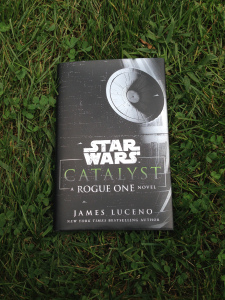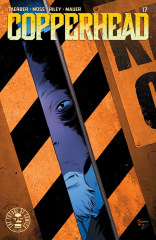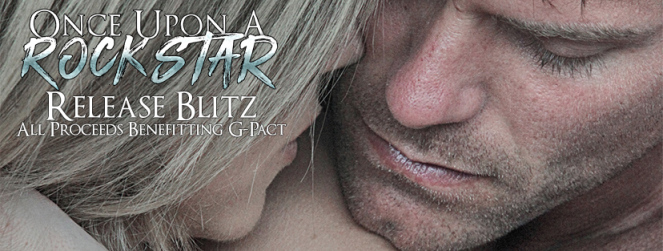Predictions made by experts are often not very good so why not let humorists try their hand at looking at the future?
This is not because “Simpsons” creator Matt Groening and his teams of writers through the decades are sinister geniuses. They are, of course, but the phenomenon of jokes coming uncannily true is not at all unique to “The Simpsons.” So at this time of year, when lots of people are making forecasts or looking back at how last year’s predictions went, I’d like to make the case that humorists may make the best futurists of all.
The writers of “The 80s” would not have won one of Philip Tetlock’s forecasting competitions: The great majority of their “predictions” were wildly wrong. Congress didn’t ban the consumption of meat, Muhammad Ali didn’t become chairman of the Joint Chiefs of Staff, Disney didn’t buy the United Kingdom, a musical version of “1984” starring Leif Garrett, Tracy Austin and Marlon Brando (as “Big Brother”) did not become the movie of the decade, cancer was not cured with “a substance secreted in the cranium of the baby harp seal when its head was struck repeatedly.” But given that the aim of the book was not to make predictions but to entertain, that was OK. It’s like with “The Simpsons”: You’re not watching it to get a rundown on the world to come; the fact that you sometimes do is a happy bonus…
The humorist’s approach to looking into the future bears some resemblance to scenario planning, a practice developed in the 1950s and 1960s at the Rand Corp. and Hudson Institute. Scenario planning involves coming up with alternative story lines of how things might plausibly develop in the future, and thinking about how a business or other organization can adapt to them. It’s not about picking the right scenario, but about opening your mind to different possibilities.
To make stories about the future funny, they usually have to be pushed beyond the bounds of plausibility. If they’re not pushed too far beyond, though, they can sometimes come true — with the advantage that few “serious” forecasters will have predicted them. The Trump presidency is a classic case of this. He had been talking about running since the late 1980s, but those in the media and political circles had learned over the years not to take him seriously. So it was left to the jokers.
Looking into the future is a difficult task since the future is a complex system with many variable at play. Even with all the data we have at our disposal these days, future trends do not necessarily have to follow in line with past results. This reminds me of Nassim Taleb’s writings from The Black Swan and onward: there are certain parts of reality that are fairly predictable, other areas that complex but more knowable, and other areas that we do not even know what we do not know. See this chart adapted from Taleb by Garry Peterson for an overview:

This also gets at an important aspect of creativity: being able to think beyond existing realities.
Another bonus of looking to humorists to think about the future: you might get some extra laughs along the way.
Share this:




